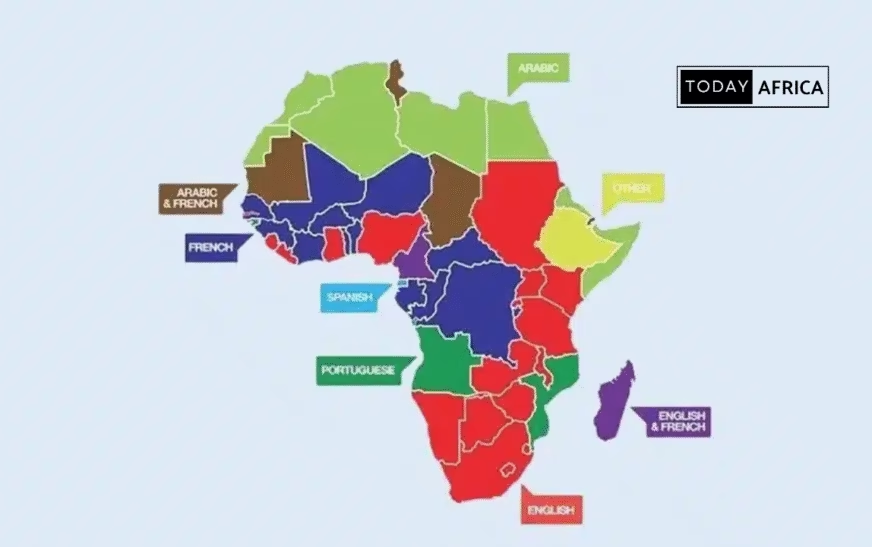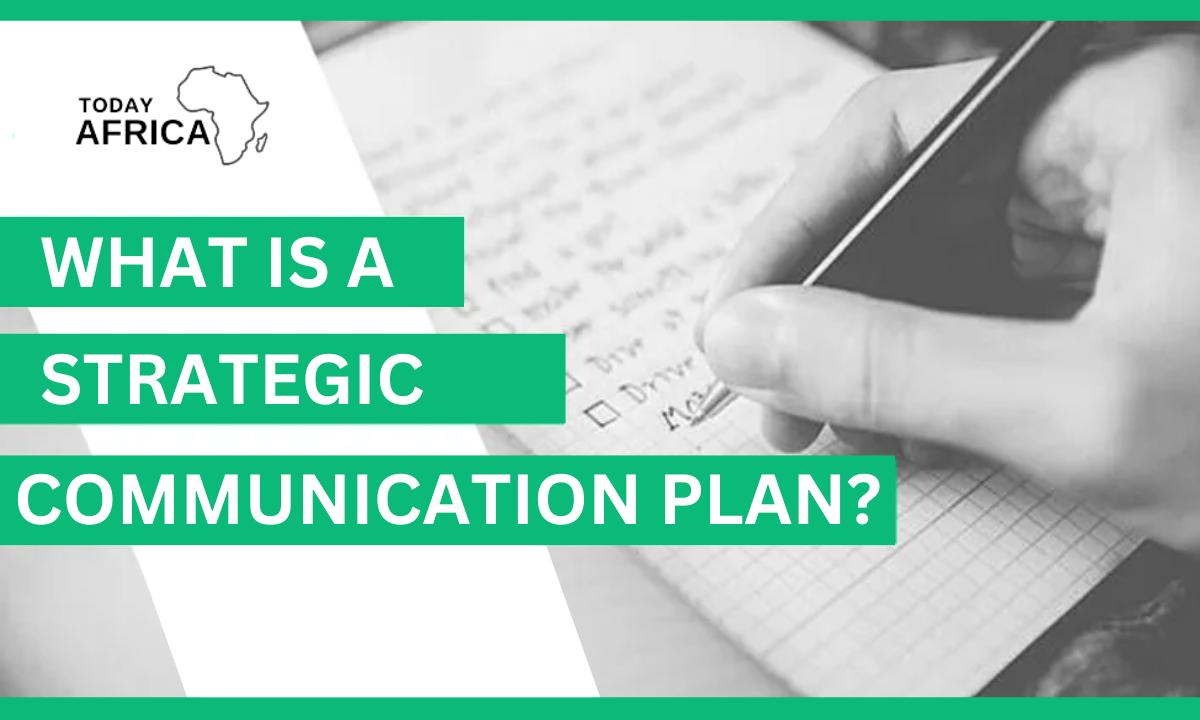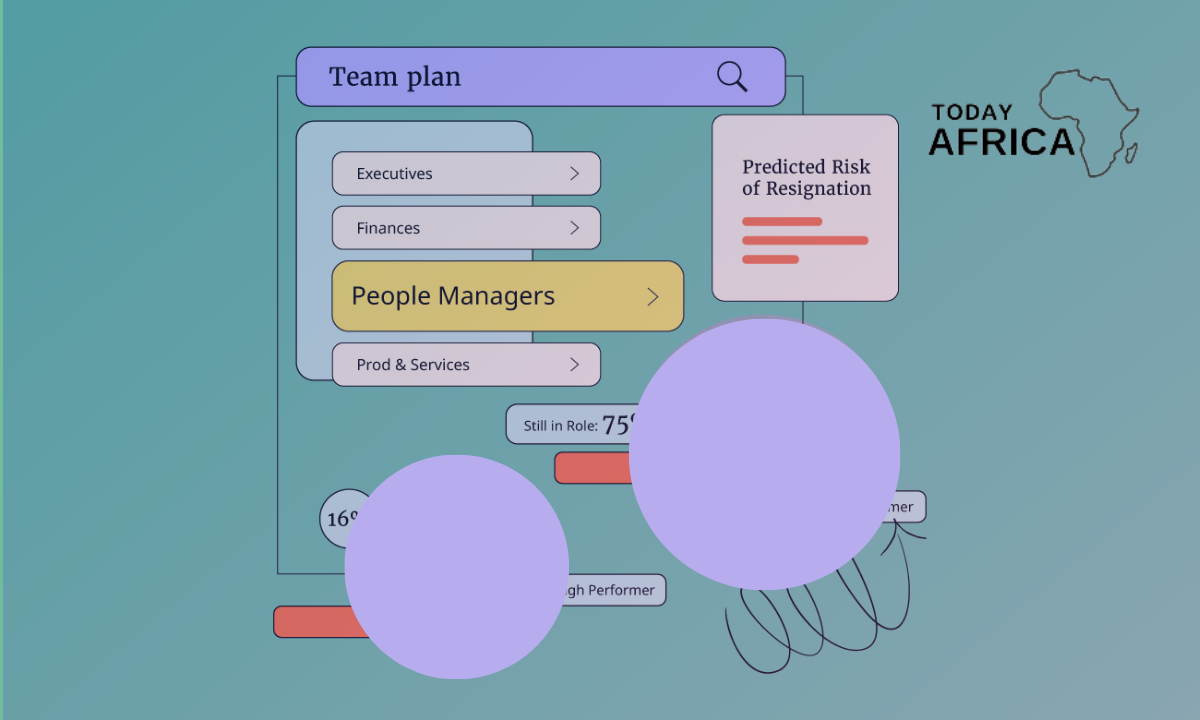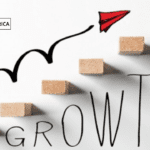Africa is one of the fastest-growing markets in the world, with a population projected to double by 2050.
While many global and African companies first set their sights on Anglophone markets like Nigeria, Kenya, and South Africa, Francophone Africa is increasingly impossible to ignore.
With over 120 million French speakers across West and Central Africa, the region offers massive opportunities for businesses looking to expand.
But here’s the catch: expanding into Francophone Africa isn’t as straightforward as translating your product into French. From regulatory hurdles and cultural nuances to infrastructure gaps and competitive landscapes, businesses must navigate a unique set of challenges to succeed.
In this blog post, we’ll discuss the challenges businesses face when expanding into Francophone Africa and provide a practical playbook to help you navigate the journey successfully.
Let’s dive in.
Francophone Africa Market
It is essential to first understand the geography, demographics, and economic potential of Francophone Africa.
The term itself covers 21 countries across West and Central Africa, including Côte d’Ivoire, Senegal, Mali, Niger, Cameroon, Burkina Faso, and the Democratic Republic of Congo (DRC). Collectively, these countries are home to over 400 million people, making the region a massive consumer market in its own right.
One defining feature of Francophone Africa is its youth.
In many countries, the median age hovers around 20 years, making it one of the youngest populations in the world. This creates both opportunities and challenges.
On the one hand, young consumers are highly adaptable to technology, open to new products, and increasingly urbanized.
On the other hand, the pressure on job creation, education, and social services is intense, which sometimes leads to instability or policy unpredictability.
The region’s economies are diverse.
Côte d’Ivoire, Senegal, and Cameroon are often described as gateway economies because of their relative political stability, infrastructure investments, and growing middle classes.
Meanwhile, the DRC, with over 100 million people and vast natural resources, represents enormous long-term potential but also complex risks.
What unites these markets is rapid economic growth: according to the African Development Bank, West Africa is expected to expand at around 4 to 5% annually through the end of the decade.
This growth is driven by a mix of agriculture, extractive industries, infrastructure, and increasingly, technology adoption.
For businesses, this means Francophone Africa offers both scale and variety. It is not one monolithic market but rather a mosaic of interconnected opportunities.
Recognizing this nuance is the first step to designing a successful expansion strategy.
Challenges of Expanding into Francophone Africa
1. Language and cultural nuances
The most obvious challenge is language. French is the official language across the region, but it is rarely the only one spoken.
- In Senegal, Wolof dominates daily conversations.
- In Côte d’Ivoire, Baoulé, Dioula, and other local dialects carry immense influence.
- And in Cameroon, French coexists with English and over 200 local languages.
This multilingual reality means that while operating in French is non-negotiable, businesses must also respect and adapt to the cultural weight of indigenous languages.
Directly translating a marketing campaign from English into French rarely succeeds. Language is not just words but also values, humor, tone, and social context.
2. Regulatory and bureaucratic hurdles
Another major challenge is the complexity of regulation.
While Anglophone countries like Kenya and Nigeria have made significant progress in streamlining business registration and digitizing services, many Francophone countries remain mired in bureaucratic red tape.
Registering a business can take months, involving multiple government departments and requiring personal connections to navigate effectively.
Customs regulations and taxation can be equally complex.
Although regional blocs like the West African Economic and Monetary Union (UEMOA) and the Central African Economic and Monetary Community (CEMAC) have introduced some degree of harmonization, implementation varies from country to country.
A company operating smoothly in Senegal may still face bottlenecks when trying to replicate the same model in Burkina Faso.
This complexity is compounded by governance issues. Corruption and opaque decision-making remain challenges in several countries.
Businesses without strong local advisors or connections may find themselves stuck in endless paperwork or facing unofficial demands. For foreign investors used to more transparent systems, this environment can be daunting.
See Also: How to Hire and Train a Winning Sales Team
3. Infrastructure and logistics gaps
Infrastructure remains a bottleneck. Major cities such as Abidjan, Dakar, and Douala have modern roads, ports, and airports. But beyond urban centers, logistics can be extremely difficult. Deliveries that take a day in Lagos might take a week in rural Guinea or Chad.
Power supply is another constraint. Unreliable electricity forces many businesses to invest heavily in generators, which increases operational costs.
Internet penetration is improving, but broadband access still lags behind Anglophone peers, particularly outside capitals. For e-commerce or technology-driven businesses, this creates challenges in scaling beyond core cities.
Yet these gaps also create opportunities. Companies that can innovate around logistics or digital access—through mobile money, decentralized distribution, or renewable energy—often gain competitive advantages.

4. Competitive landscape
Finally, competition cannot be underestimated. In telecoms, Orange, MTN, and Airtel already dominate.
In banking, pan-African players like Ecobank and Société Générale have deep networks and customer loyalty. For new entrants, carving out market share requires either niche positioning or delivering dramatically better value propositions.
This does not mean markets are closed. On the contrary, consumer demand often outpaces what existing providers can deliver.
The story of Wave Mobile Money in Senegal is a prime example: by offering lower fees and more user-friendly apps, they disrupted Orange’s dominance within just a few years.
But their success required courage, capital, and relentless execution.
Read also: How to Manage Cash Flow While Scaling a Business Successfully
Playbook for Success in Francophone Africa
1. Conduct in-depth market research
Generic African expansion strategies rarely work in Francophone Africa. Success begins with country-specific research. Companies must invest in understanding consumer preferences, cultural values, and regulatory frameworks.
This often requires more than desk research. Field visits, focus groups, and collaborations with local research agencies are invaluable.
A useful strategy is to begin with a gateway market. Côte d’Ivoire and Senegal are often recommended because they combine relative political stability, improving infrastructure, and growing middle classes.
From these bases, companies can gradually expand into more complex markets like the DRC. This phased approach reduces risks and allows businesses to learn iteratively.
2. Build strategic partnerships
No company should attempt to enter Francophone Africa alone. Partnerships are critical to navigating the complexities of regulation, distribution, and culture.
Local distributors can help overcome fragmented supply chains, while local advisors are essential for cutting through bureaucratic red tape. Even marketing requires cultural ambassadors who understand the nuances of language and consumer behavior.
Jumia provides a strong case study here. Instead of building their own logistics fleets from scratch, they partnered with existing courier companies in Abidjan and Douala.
This allowed them to scale quickly while focusing their resources on platform development and customer acquisition.
See Also: How to Build Systems that Free Up the Founder’s Time
3. Localize beyond language
Localization must go deeper than French translations. Product design, pricing models, and branding strategies all require adaptation.
For instance, mobile banking solutions cannot assume smartphone penetration is universal.
USSD-based services are still essential in many rural areas. Pricing must also reflect local income realities, which often means offering micro-packages or flexible payment systems.
Cultural values must also be integrated into branding. In many societies, family, community, and tradition carry more weight than individualism.
Brands that reflect these values in their messaging often resonate more deeply.
A healthcare provider that positions itself around community well-being rather than individual convenience, for example, will likely find stronger traction.
4. Leverage regional integration
One of Francophone Africa’s strengths is the presence of regional integration frameworks. UEMOA in West Africa and CEMAC in Central Africa both use the CFA franc, which significantly reduces currency risks for businesses.
Once established in one CFA zone country, companies can more easily scale to neighboring markets without worrying about exchange rate fluctuations.
However, while currency is harmonized, regulations are not always uniformly applied. This makes it essential to have a regional strategy that accounts for both the benefits and the limits of integration.
Businesses that succeed often build strong regional teams capable of adapting to variations while still leveraging the shared currency and economic ties.

5. Invest in trust and relationships
Business in Francophone Africa is deeply relationship-driven. Trust takes time to build and is often more important than contracts. Attending local trade fairs, joining chambers of commerce, and investing in corporate social responsibility initiatives are all part of the process.
Hiring local managers is also crucial. They bring not only language skills but also cultural understanding and networks. Many successful companies find that their first hires in a new country determine whether they can build the relationships needed to succeed.
See Also: Step-by-step Guide to Scaling From Local to Regional Markets
6. Embrace digital and mobile innovation
Despite infrastructure challenges, digital adoption is accelerating rapidly. Mobile penetration is high, with most consumers using basic feature phones as well as smartphones.
Mobile money has become a lifeline, with Orange Money and MTN MoMo dominating transactions across the region. Businesses that align their strategies with these digital habits can leapfrog traditional constraints.
For example, fintech companies that integrate with mobile money wallets instead of traditional banks reach far more consumers. Similarly, e-commerce businesses that design mobile-first platforms often find more success than those focused on desktop solutions.
Conclusion
Expanding into Francophone Africa isn’t without its challenges—language, regulation, infrastructure, and competition can slow even the best-prepared companies.
But for those willing to adapt, localize, and invest in long-term relationships, the rewards are enormous.
Think of it this way: while many competitors fight for market share in Nigeria, Kenya, or South Africa, Francophone Africa offers a less saturated yet fast-growing frontier.
Now is the time to act.
If you’re considering expanding into Francophone Africa, start by identifying one gateway market (like Côte d’Ivoire or Senegal), invest in local partnerships, and follow the playbook we’ve outlined.
Leave a comment and follow us on social media for more tips:
- Facebook: Today Africa
- Instagram: Today Africa
- Twitter: Today Africa
- LinkedIn: Today Africa
- YouTube: Today Africa Studio
















